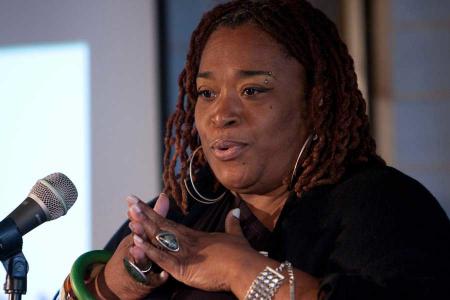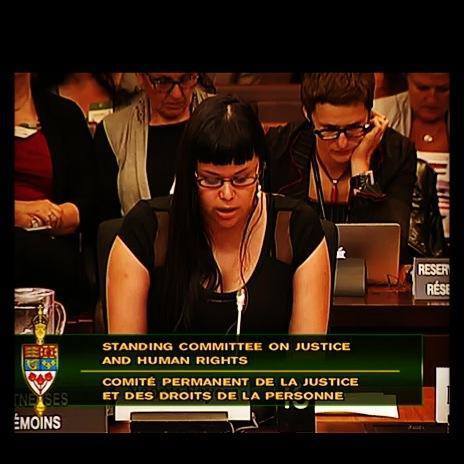Kat Takes a Stroll Through @aplusk’s Twitter Feed

I’ve been trying to make sense of Ashton Kutcher’s recent twitter feed. After the Village Voice article came out on Friday, he just started firing off tweets that sounded a lot like how an upset tween would respond if #killjustinbieber was trending, and not so much like the CEO of a nonprofit. I’ve been doing a lot of head shaking and sighing after reading statements like, “The cry of a company waking up to it’s [sic] failure will never be as loud as the tears shed by girls trafficked on its platform.” Where to start? Isn’t this a little bit… really gross and unnecessary? He may as well tweet about the blood of 100,000 to 300,000 hymens.
How about, “No response @villagevoice? Oh I forgot U work business hours. Maybe that’s Y you sell girls on ur platform. they tend 2work the night shift”? First of all, I think I have to give up using sic now. Next, he does realize that “sex slaves” don’t have set hours, right? I know that he’s not getting his information from Law & Order: Special Victims Unit because even they have plots involving boys, and they also never mention anything about shifts. I’m guessing that most sex slaves are more on call than anything.


